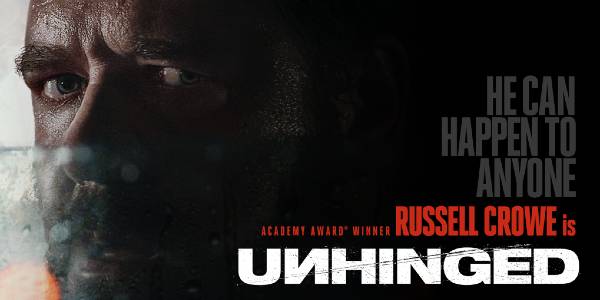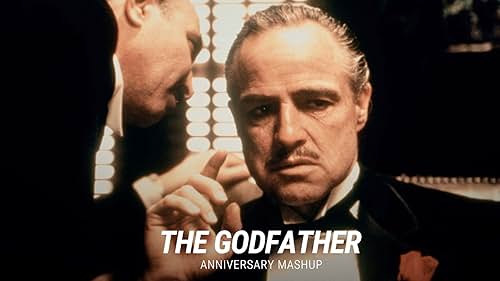Martha Marcy May Marlene (2011) – Movie Review
Sean Durkin’s Martha Marcy May Marlene is a quietly devastating psychological thriller that masterfully portrays the lingering trauma of abuse and identity loss. It’s a film that moves with eerie calm, unraveling its story through fragmented memory and quiet dread, anchored by Elizabeth Olsen’s remarkable debut performance.
The film opens with Martha (Olsen) escaping from a remote cult in the Catskills. She calls her estranged sister Lucy (Sarah Paulson), who brings her into her upper-middle-class home in Connecticut. Though physically free, Martha is emotionally and mentally imprisoned by her past. As Lucy and her husband Ted (Hugh Dancy) try to help her adjust, Martha struggles to distinguish present from past—memories of the cult creep into her daily life, showing us just how deep the damage runs.

Elizabeth Olsen is extraordinary in this role. With minimal dialogue and a watchful presence, she conveys the fragility and volatility of a woman who has been broken down and reshaped. It’s a performance full of subtlety—Olsen shows us Martha’s fear, confusion, and inner conflict without ever overplaying the part. This was a breakout moment in her career, and it still ranks among her best work.
John Hawkes, playing Patrick—the cult leader—is mesmerizing and terrifying. He uses calmness and gentle charisma to manipulate, creating a chilling atmosphere in the cult scenes. His softly sung rendition of a song he wrote for “Marcy May” (the name he gives Martha) is deeply unsettling, setting the tone for the coercive intimacy of his control.
Durkin structures the film non-linearly, blending past and present with no clear visual signposts. This editing choice—handled with quiet brilliance—makes us feel just as disoriented as Martha. We slip in and out of memory with her, which adds to the sense of psychological imprisonment. There are moments where the past invades the present so naturally that the viewer is left unsure of what’s real, which mirrors Martha’s fractured psyche.
The cinematography is understated but beautiful, with natural lighting and long, observational takes. Whether capturing the eerie serenity of the cult’s rural commune or the cold distance of Lucy’s modern home, every frame contributes to the growing unease.

What makes Martha Marcy May Marlene so haunting is its refusal to provide easy answers. It doesn’t offer resolution. Instead, it ends on a note of unresolved tension—suggesting that recovery isn’t linear, and sometimes escape is just the beginning of a different kind of psychological struggle.
Durkin’s film is not flashy or fast-paced, but it’s deeply immersive. It speaks to the ways trauma lingers, the confusion of reclaiming identity, and the fragility of trust. For those who appreciate nuanced, character-driven films that explore emotional and psychological depth, this is a quiet masterpiece.
Full Movie:
What do you think about this movie? Let a comment below!









